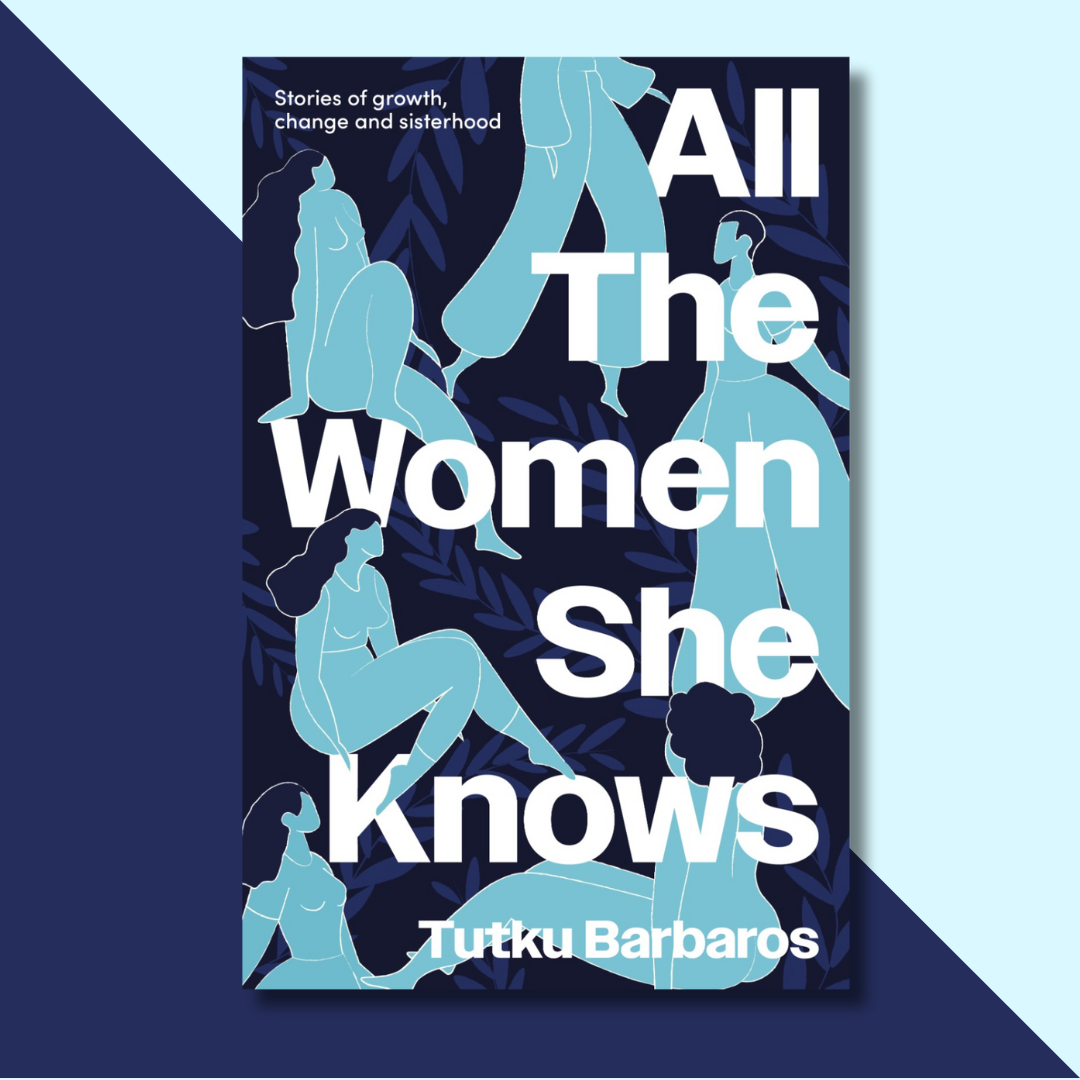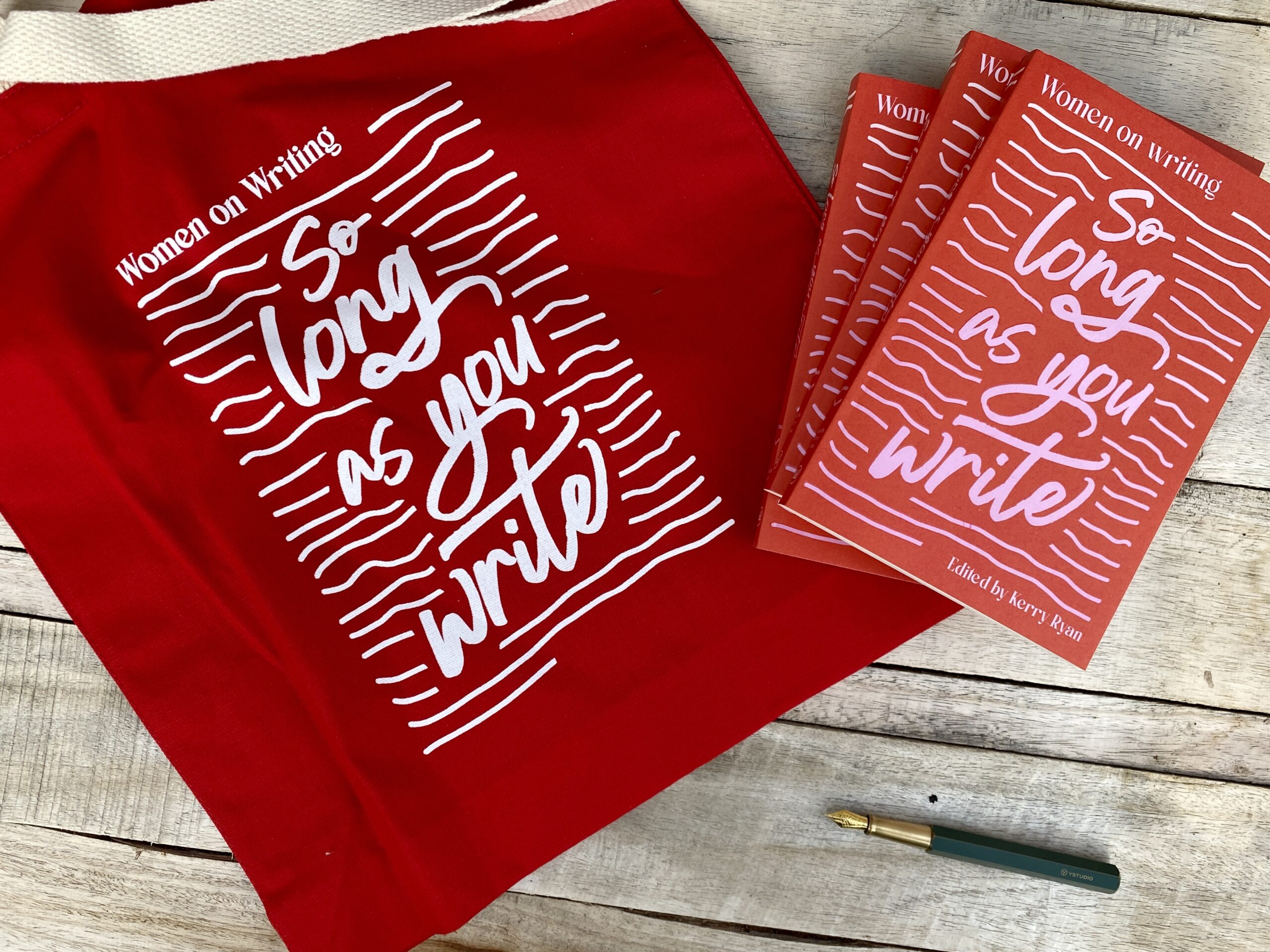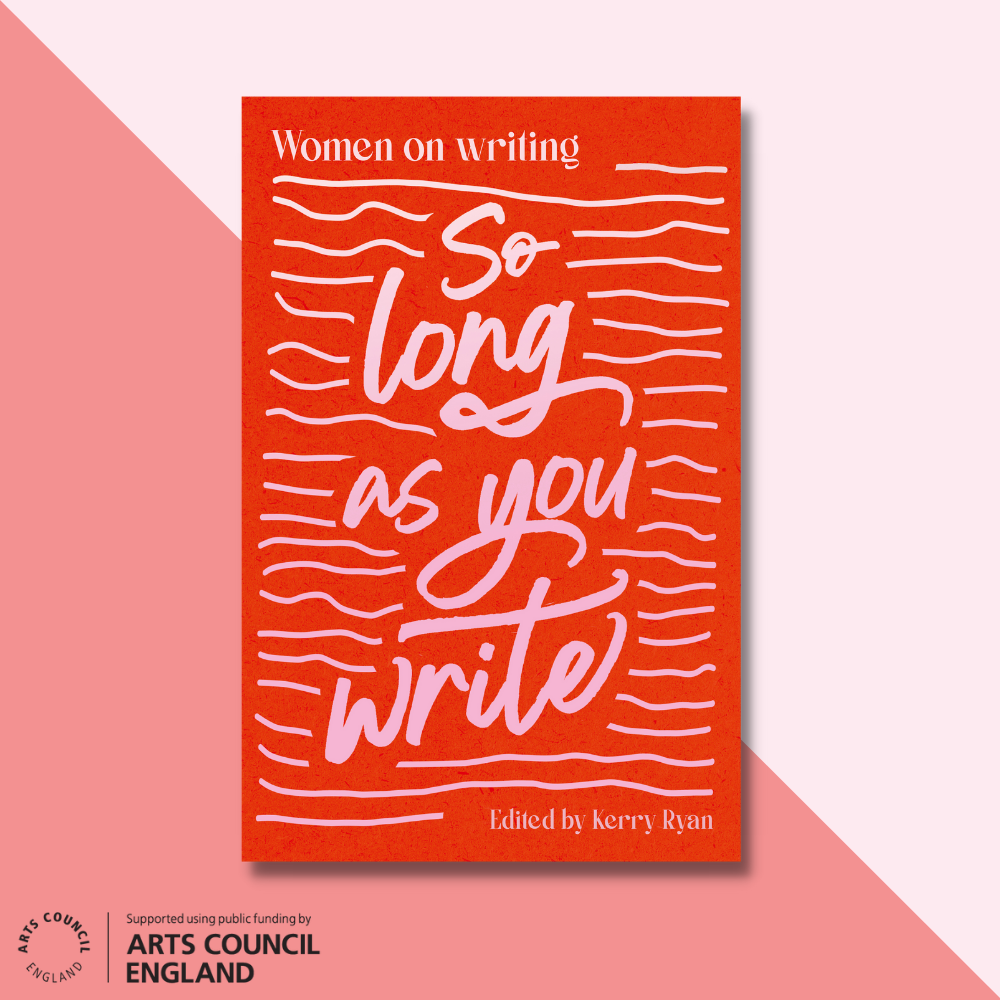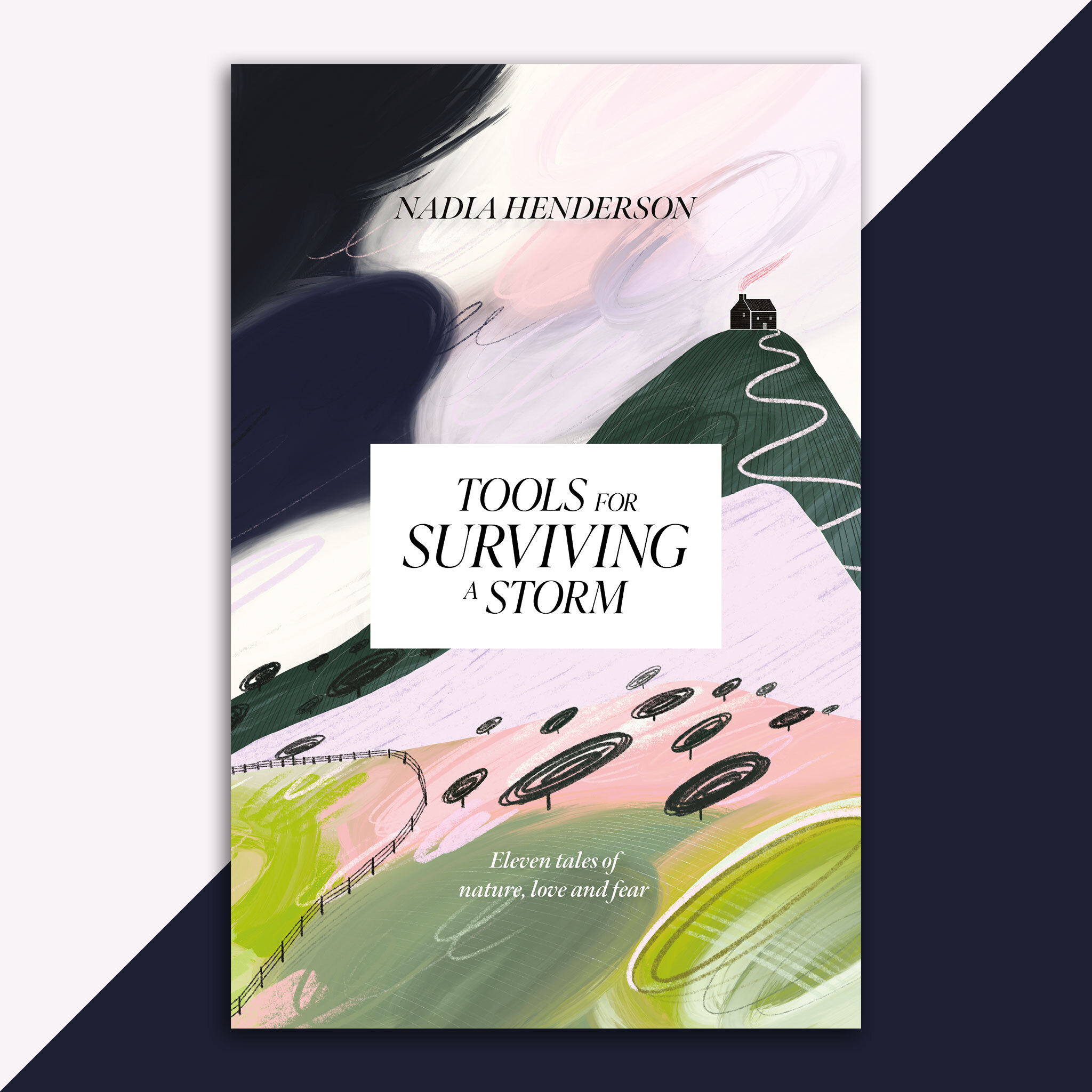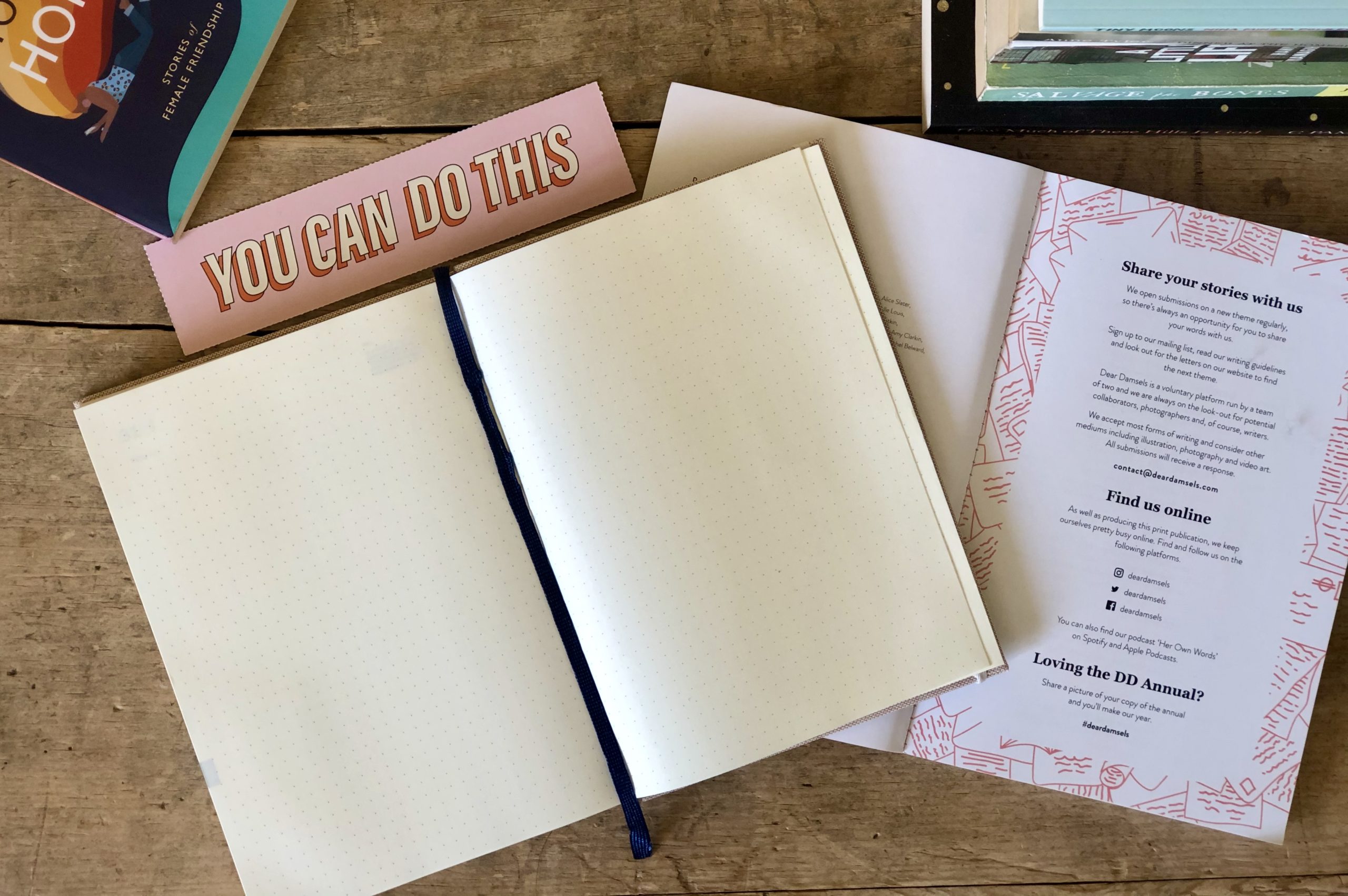RITUAL THINKING | Amelia Banks’ short story explores rituals, luck and feeling like you have control over the world (cw: OCD)
content warning: OCD
by Amelia Banks
You’re eight years old. You sit on damp grass in a summer gingham dress; your sock rolled down to pick a dried-lava scab on your knee. Emily, opposite, is pulling petals off a daisy, chanting: he loves me, he loves me not. She explains the rules, and now you have your own daisy, its stuccoed orange button an inch from your nose. Slowly, you dissemble its headdress and picture Elliott, your crush. You tear off the last petal, which is the twelfth petal, and land on: he loves me.
A week later, Elliott will shriek from you in kiss chase, but it won’t matter, because you’ll know the truth. Twelve becomes your lucky number. You start counting twelve cat eyes on dark roads. You avoid cracks in the pavement for exactly twelve slabs. On nervous days, you chew a square of Dairy Milk twelve times before swallowing.
You’re twelve years old, and it’s the twelfth of December, a day you’ve been more excited for than Christmas. Your advent chocolate has an angel on it: ostensibly, Gabriel, but really, guardian, because everything about today feels blessed. Tragedy, your favourite song, is number one in the charts. You find a penny on your walk to school, and it turns out to be a pound. You rub spit on it until caked mud reveals brass, then put it in the charity box on your teacher’s desk.
Other good things happen. Enough mixed-up weather for there to be a rainbow. A supply teacher for Maths, who lets you watch The Simpsons on a wheeled-in TV.
That evening, your mum surprises you with a new Jacqueline Wilson book and your dad declares a chip dinner, on a whim. You unwrap grease-proof paper to reveal more crispy bits than usual, and the ketchup leaves its bottle with barely a palmed-thwack. Your mum, noticing your serenity, says: ‘It’s Christmas come early, isn’t it?’
You smile, but don’t tell. You understand that some numbers are magic. That you and the universe are pals.
You’re eighteen. It’s six in the morning and already bright out and your laptop is warm and humming on your thighs. You’re sitting between your parents, on their bed, and on the nightstand, three mugs of English Breakfast go cold. The UCAS website loads, then crashes, for an hour. Your dad suggests putting it away for a bit, which you ignore. You hold the aquamarine rosary beads you were gifted for Confirmation, even though God’s dead and you can’t remember how a Hail Mary is supposed to go.
When the webpage does load, it feels like a mirage. You glance ‘Durham’, then close your eyes before you can read anything else. Your mum starts shrieking, but you keep them closed. Your dad ruffles loose your ponytail and calls you a clever girl, but you keep them closed. You’re smiling, now, but you don’t dare look until you’ve counted to twelve.
You’re nineteen. You’re a Philosophy student, but it’s difficult to recall lectures about stoicism right now. You’re sitting in an upstairs room of a nightclub, with your best friend, Geeg. Through the carpet, party drum-and-bass thuds mockingly. Through the mottled-glass door, the outline of a bouncer disappears. Earlier, this bouncer confiscated your drugs and promised trouble. Geeg is crying. You hold her hand, unable to tell whose palm is responsible for the sweat.
You talk in whispers, although you’ve been left here alone. Geeg asks if convicted criminals can still graduate. You don’t know. Nor do you know whether ecstasy pills are class A or class B, but devastated parents and prison sentences are now a horror film you can’t peek through your fingers at. Your self-image seems to mutate. Your nice girl credentials desert you, as if they were something borrowed from a dress-up box, and now the plastic tiara has been returned.
The clock reads five minutes past midnight. You decide that if the manager doesn’t arrive until twelve past, you’ll be okay. You count twelve stickers on a locker, which have brewery names and skull and crossbones on them. Geeg says something, which you shush, kindly, before tapping your tongue against your teeth twelve times.
The door opens at quarter past. Impossible to say whether it’s fate or the sight of two petrified, middle-class girls, but the manager lets you off with a temporary ban. He smirks at your earnest apologies as he returns your ID.
You take the women’s bus home. You order Domino’s with extra garlic and herb sauce, and tip the delivery man five pounds. You and Geeg share a bed, and vow to only do nice, legal things from now on. You lick pizza dust off your fingers and feel blessed.
“You understand that some numbers are magic. That you and the universe are pals.”
You’re twenty-two. You’ve spent money you can’t afford on a padded plunge bra, and exfoliated the bumps on your thighs more smooth. You arrive glittering and late to the party, and feel his stare on you from over by the decks. You perform tactile popularity: touching the arms of girls you don’t know well and hugging the ones you do. When he comes over to say hi, you smile as if you’ve only just noticed him, but that now you have, he’s the most captivating person here.
Later, drunk and nicotine-breathed in his room, this house DJ will play, of all things, Frank Sinatra, and you’ll do an anachronistic slow dance in the space between his bed and chest of drawers. He’ll unwrap you like a gentleman, and say that your legs feel like silk.
Your bra, unclasped, is in a heap with his boxers and your fish-scale dress.
Sometimes, you make your own luck.
You’re twenty-five, sitting in the living room of a rented Victorian house. A laptop on your thighs again, but this time it’s a Mac, not a Dell, and the internet connection is sound. The results are due at midnight, but there’s nothing auspicious in that: it’s simply the beginning of the next day. To your right, your boyfriend snores handsomely under an Indian-print tapestry. You haven’t woken him, like you promised you would.
At five minutes to, your heart does skittish things and your belief in the sanctity of your cleverness disappears. You were granted a scholarship for the conversion, but it was hard to hold onto the glamour of a barrister’s wig during lectures about property rights. You’ve worked part time in a call centre for ‘weekend money’, and, in truth, you’ve studied sales techniques more than you have law.
At midnight, you refresh the screen and the news arrives instantaneously. You feel numb, then shock. You close your laptop with a new idea of yourself as someone who can fail. You look past your feet. You notice a ringed mark on the coffee table.
In the kitchen, you fetch a dampened J cloth and dig out a bottle of Windolene. Quietly, so as not to wake any nice men, you polish gone the mark. Next, you run hot, soapy water into a plastic bowl, and hand-scrub derelict pasta off a copper-bottomed pan. In the bathroom, you unscrew the metal plug from the shower tray, free a tenancy’s worth of matted hair, then flush it.
In your bedroom, everything, suddenly, speaks to your irresponsibility and neglect. You strip wanton bed sheets. You tip your jewellery box out onto the bare mattress, and put half in a carrier bag for charity. You clean until the charcoal sky turns lapis-lazuli blue. Until the garden thrushes start up and it can reasonably be described as ‘morning’. From now on, things will be gotten through hard work.
Your mum, who you’ve fed year-long lies to about studying and not-awful tests, sends the first text. She’s expecting good news.
You’re due at the call centre in three hours. Finally, you cry.
You’re twenty-eight. You’ve been carrying the test in your handbag for three days, hoping for bloodied-knicker certainty instead. You’re in a posh hotel bar with colleagues, and you’ve just taken a shot of sambuca, for sales figures. You excuse yourself to visit the bathroom, then lock yourself inside a cubicle that’s like a spa.
There are mosaic shell tiles on the wall, black with gold-edges, like an Art Deco mermaid’s fin. You have your own sink, your own full bottles of Molton Brown. Suddenly, it feels more right to do it among this impersonal luxury than it would in the bathroom of your couple’s flat. You unwrap the Clear Blue packaging, wipe excess pee on your tights. The instructions advise waiting a minute, so you place the test face-down on the cistern, then count to sixty in your head.
Out of nowhere, you remember the rituals you did as a child. It feels silly – inappropriate, even, in this context – but now there’s a compulsion you must perform. You count to sixty, twelve times, using your fingers as a visual aid.
Back at the bar, you press your thumb over the ear of a colleague, and shout: ‘I’m not pregnant!’ She didn’t know you could’ve been, but with the tacit wisdom of all women, calls you a legend and orders you a drink. Together, you make a toast to resilient wombs.
The next morning, you have a headache and a harmless plastic tube in your handbag. It’s sticky with crumbs and flakes of tobacco. You wipe the digital display clean with your thumb. You stare at the one blue line, lovingly.
You’re thirty-two years old, and you’ve taken a day off work to sit on your bed and wait for a call. It’s 2019, and thirty-two means something different to what it used to. For example, only two of your female friends have children. For example, you’ll probably never not rent. For example, you’ve grieved two grandparents, but your mum teaches yoga and your dad puts flaxseed in his morning smoothie, and, if anything, they seem younger than ever. Scientists predict that the first person to outlive a hundred and fifty has already been born, and until six months ago, you felt immortal.
You don’t feel immortal any more. Tom, Geeg’s boyfriend, has had one round of chemotherapy, and is now in the oncologist’s office, receiving results. Tom is someone who bought grass-fed beef and went hill-walking on weekend mornings, which scrambles everything you thought you knew.
A few nights ago, Geeg came over for hugging and wine. You put Ru Paul on for comfort, then felt guilty when it worked. You told her how brilliant she was being, which prompted her to cry, then confess to an affair. She named a man engaged to a mutual friend; you made a snap decision about loyalty and hid your shock. It was a year ago, before Tom’s diagnosis, and now some narcissistic part of her has linked the two. She asked if telling him might break the curse. Whether that would be selfless act or a cruel one.
‘Don’t tell him,’ you said. The universe is arbitrary and senseless: it doesn’t work like that.
Your phone buzzes; Geeg’s name appears on the screen. You read The Secret in your early-twenties, and for a while, believed in the power of positive thought. Now, you see a world of refugees and the One Percent; despotic, elderly presidents and lovely yet sick young men, and wonder if ‘manifestation’ is an offensive idea. You no longer think that the universe is anyone’s pal.
Still, you run decades-old, turquoise rosary beads through your fingers. Still, you plead a bargain with the gods. Through your window, there is spring weather and a peeling silver birch, and you’d never this for granted again.
You rub your face. An eyelash falls into your palm and you feel stupid relief.
You blow it gone.
You count to twelve.
You pick up.
Amelia Banks
Amelia lives in Manchester with Sylvia, her Tuxedo cat. For a living, she writes advertising copy. For ‘fun’, she moves commas around in the 10,000th draft of her first novel.
